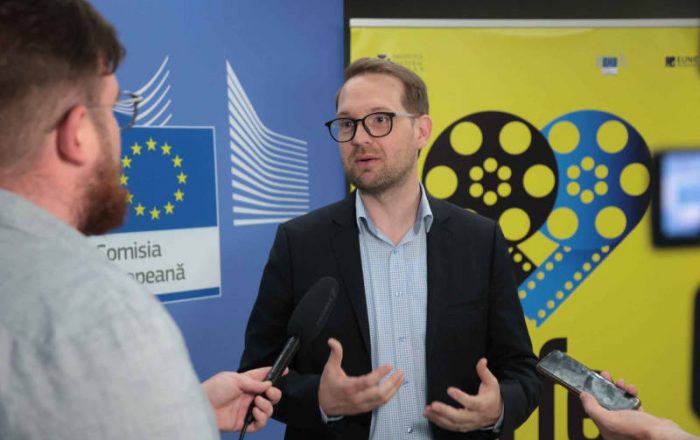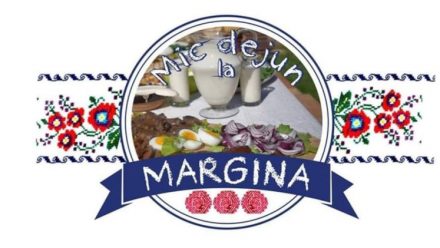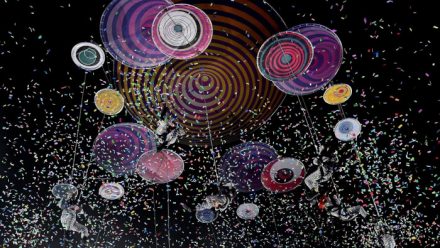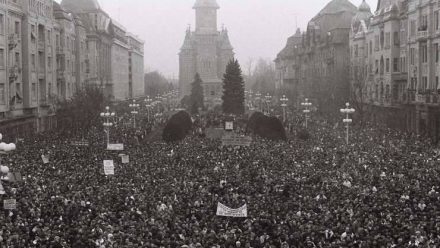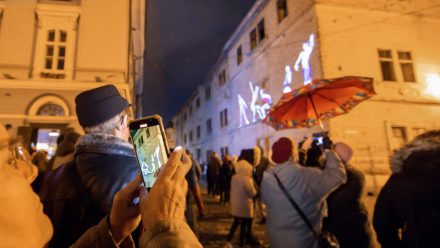Dominic Fritz a acordat recent un interviu în limba engleză publicației maghiare Hungarian Conservative.
Autorii îl descriu pe primarul Timișoarei ca fiind singurul primar din România care nu este cetățean român, iar înainte de a conduce municipiul de pe Bega a făcut parte din Partidul Verzilor din Germnaia și a fost consilier politic al fostului președinte Horst Köhler.
Mai jos un scurt pasaj din interviu pe care îl puteți citi AICI.
In 2023, Timisoara is one of the European Capitals of Culture. What is it that the city is the most excited to show about itself to the public?
I’m very excited about the fact that Timisoara will shows a side of Europe that I think many people are not aware of. Timisoara has been a European city for hundreds of years. We have had minorities and majorities of different ethnic groups living here peacefully with each other, Hungarians, Germans, Romanians, Bulgarians, Serbians. And all this diversity of Timisoara has been an engine of innovation throughout the centuries. Timisoara has always been a city that was avant-garde. And I think this is something that tells us a story about Europe, but a story that is not heard enough on the continent, and is not known enough, especially in Western Europe, where they believe that they have invented Europe. And this is why I’m so excited that we’re a Capital of Culture because we will be able to tell our story, a story that is relevant in all the European debates that we are having these days.
What do you think the greatest contribution of Timisoara’s Hungarian population has been to the city?
Well, up to the early 20th century, the main languages spoken in Timisoara were Hungarian and German. At the beginning, maybe in the 18th century, German was a bit more used, then later Hungarian. And we had great Hungarian artists and architects. Many, many of the great historical buildings that we have were designed by Hungarian architects. I think up to this day the multicultural identity of Timisoara is owed also to a very open and creative Hungarian community. We’re very happy that up to this day we have a Hungarian theatre. We have a Hungarian secondary school, a Hungarian kindergarten and a very active Hungarian community.

